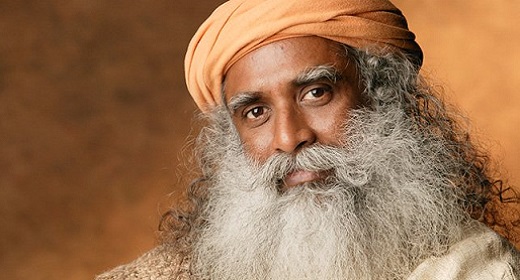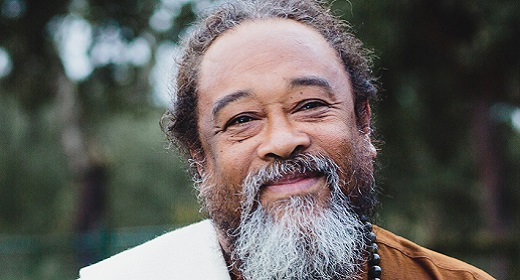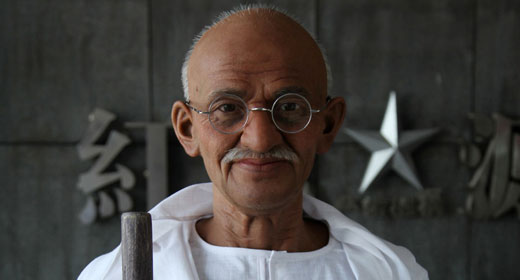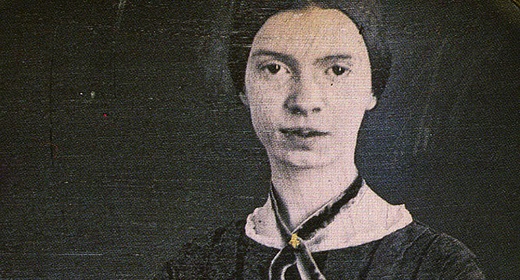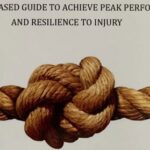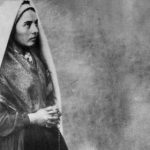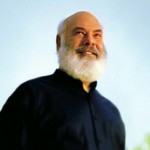Karen Armstrong‘s writing and theories about God and belief upset some, but she numbers the Dalai Lama and Desmond Tutu among her fans. In an elegant north London flat, furnished in a traditional, genteel manner, Karen Armstrong lives alone. Every day, the 65-year-old, who is “arguably the most lucid, wide-ranging and consistently interesting religion writer today”, according to the influential website Salon.com, dutifully tends to the needs of her late mother’s dog, Poppy. It is a commitment born of obligation, rather like the daily attention she pays to theological study despite her lapsed faith.
In an elegant north London flat, furnished in a traditional, genteel manner, Karen Armstrong lives alone. Every day, the 65-year-old, who is “arguably the most lucid, wide-ranging and consistently interesting religion writer today”, according to the influential website Salon.com, dutifully tends to the needs of her late mother’s dog, Poppy. It is a commitment born of obligation, rather like the daily attention she pays to theological study despite her lapsed faith.
And it is a pursuit which has placed her at the heart of world debate. Her views about religious conflict echo around international political forums, from the Middle East, to Congress in Washington, or to the Labour party conference, where Jon Cruddas, MP for Dagenham and Rainham, referred to her theological arguments in public debate, attempting to forge a link between progressive politics and the best intentions of religion.
On last month’s anniversary of the Twin Tower attacks, the liberal American website Huffington Post ran a piece about Armstrong by Amy Novogratz of TED, the pressure group that promotes new ideas.
“We need better, more open dialogue about the world’s religions and to foster acceptance and discussion rather than fear and hate,” wrote Novogratz, saluting Armstrong’s views on the controversial plan to build an Islamic centre in lower Manhattan. Armstrong argued for the importance of “making place for the other” and that the centre could serve to “make peace at the site of tragedy”.
In 2008, Armstrong was awarded a prestigious TED prize and she took the opportunity to set up a Charter for Compassion. Unveiled in Washington, its signatories included the Dalai Lama and Archbishop Desmond Tutu. More than 55,000 people across the globe have used it to affirm their belief that religion has a key part to play in compassion and tolerance.
Armstrong plays down her credentials. She is, she says, a populariser, with the job of making religious doctrine more accessible. “I’m an amateur. I’m no scholar,” she says. “I’m entirely self-taught. I’ve got no degree in any of this.”
Her friend, writer Peter Stanford, describes her routine as disciplined. “She may not be a nun any more, but her life revolves around study and she goes to the library every morning.” For Stanford, who met Armstrong when he was sent to expose her as a damaging heretic, her true value lies in her independent stance. “She used to call herself a ‘freelance monotheist’,” he explained, “but the important thing is that she is not tied to any set of tenets and cannot be accused of being partisan.”
Reviewing Armstrong’s book The Case for God in this newspaper last year, philosopher Alain de Botton hailed her as “one of the handful of wise and supremely intelligent commentators on religion… her targets are religious fundamentalism on the one hand and militant atheism on the other: in other words, al-Qaida as well as Richard Dawkins.”
By now, Armstrong has almost become a brand of theology. Or she would, if she didn’t cover such a range of issues. Boiled down, the Armstrong perspective is that each faith tradition is in peril of betraying its own unique strength: so the natural pluralism of Islam is abandoned or the western Christian tradition of tolerance is undermined. Searching for a unifying spiritual principle, like an alchemist of yore, Armstrong cleaves to the Golden Rule or: “Do unto others as you would have them do unto you.”
The young Armstrong grew up in what she calls “a Midlands Catholic ghetto” near Birmingham. Her Irish father was an unsuccessful scrap metal merchant, while her mother worked at Birmingham University. Her younger sister, Lindsey, now a Buddhist acupuncturist living in America, remembers her as a voracious reader who raced through Dickens and preferred the printed word to real life.
As the Beatles climbed the charts with Love Me Do in 1962, Armstrong rebelled against suburban life by deciding the only love she wanted was the Virgin Mary’s. At 17, she joined a community of nuns called the Society of the Holy Child Jesus. But the sisters ran a cruel regime. Armstrong was required to mortify her flesh with whips and wear a spiked chain around her arm. When she spoke out of turn, she claims she was forced to sew at a treadle machine with no needle for a fortnight.
Plagued by fainting fits and acute panic attacks that were revealed much later to be undiagnosed epilepsy, Armstrong was finally rescued when the nuns sent her off to Oxford to read English. Fellow undergraduates recall a cripplingly shy, clever girl who was taken out to buy new clothes at M&S. “She was very good at going to the heart of things,” according to her contemporary, the broadcaster Libby Purves. “The years in the convent would have made her focus on important things, clearing away the clutter. You become impervious to the whole lifestyle nonsense.”
Armstrong earned a first at Oxford, but further academic triumph eluded her when her thesis on Tennyson was rejected and a PhD was failed. A bleak period of adult life alone in London followed and she turned her back on academe and on her faith. “God just slipped away,” she has said. On one occasion, an overdose of sleeping pills resulted in hospital treatment.
She started to put together her first book, Through the Narrow Gate, while teaching at a private girls’ school in south London in the late 1970s. A fellow teacher, Sally Cockburn, encouraged her to express her rage at the Catholic church. “She was a much angrier person in those days,” Cockburn has said. “She didn’t really want to relive it and she didn’t have confidence that it would be a readable book for anyone other than her friends. But in the end it was.”
The book’s popularity led to television punditry and to further bestselling publications – A History of God, Islam: A Short History and The Battle for God – each winning big audiences in America and across the Muslim world.
Stanford believes there have been two key moments in his friend’s life: the first was the success of A History of God, which had struggled to find a publisher, and then there was 9/11.
“Even before 9/11, I was gripped by a sense of dread: our lack of criticism about what we were doing in the Middle East – the slagging off of a whole religious tradition. It is part of a habit of prejudice that made the death camps possible. It’s as if we hadn’t learned anything from the 1930s,” Armstrong has said.
Since then, her hermeneutic investigations have led her to ask why so many educated people now reject religion when science, she believes, has yet to provide an explanation of our existence. Critics say she has merely created a self-fulfilling justification for faith in which the debunking efforts of Darwinists (Dawkins) or atheist polemicists (Christopher Hitchens) are recycled as proof there really is something out there.
What Stanford describes as Armstrong’s charisma and sense of humour have helped her step on to the world stage as a benign Henry Kissinger, equipped with the trace outline of a wimple, if not a halo.
But like Kissinger, Armstrong has enemies. Many devout Catholics quietly accuse her of treachery, while professional theologians despise her for emphasising the opposition between rationality and faith. Ophelia Benson and Jeremy Stangroom have accused her of being a religious apologist who covers up inconvenient texts to bolster the idea there is no conflict between modern morality and religion in matters, for instance, of gender and sexuality.
When it comes to her own sexual relationships, Armstrong professes herself a failure. She blames her looks (“I was never appealing to men”) and says those she has loved “have tended to be no good”. So, together with Poppy the dog, Armstrong lives the life of an anchorite and, like an anchorite, has to cope with a long line of visitors at her door, all seeking advice and friendship.
Armstrong’s prolific literary output is never prescriptive, she claims. She produces religious tracts for discussion, not guidelines for living. Yet now, with the rapidly growing interest in her Charter for Compassion and the Golden Rule, her work is emerging as a clear banner for her fans to march beneath and a clear target for her critics.

